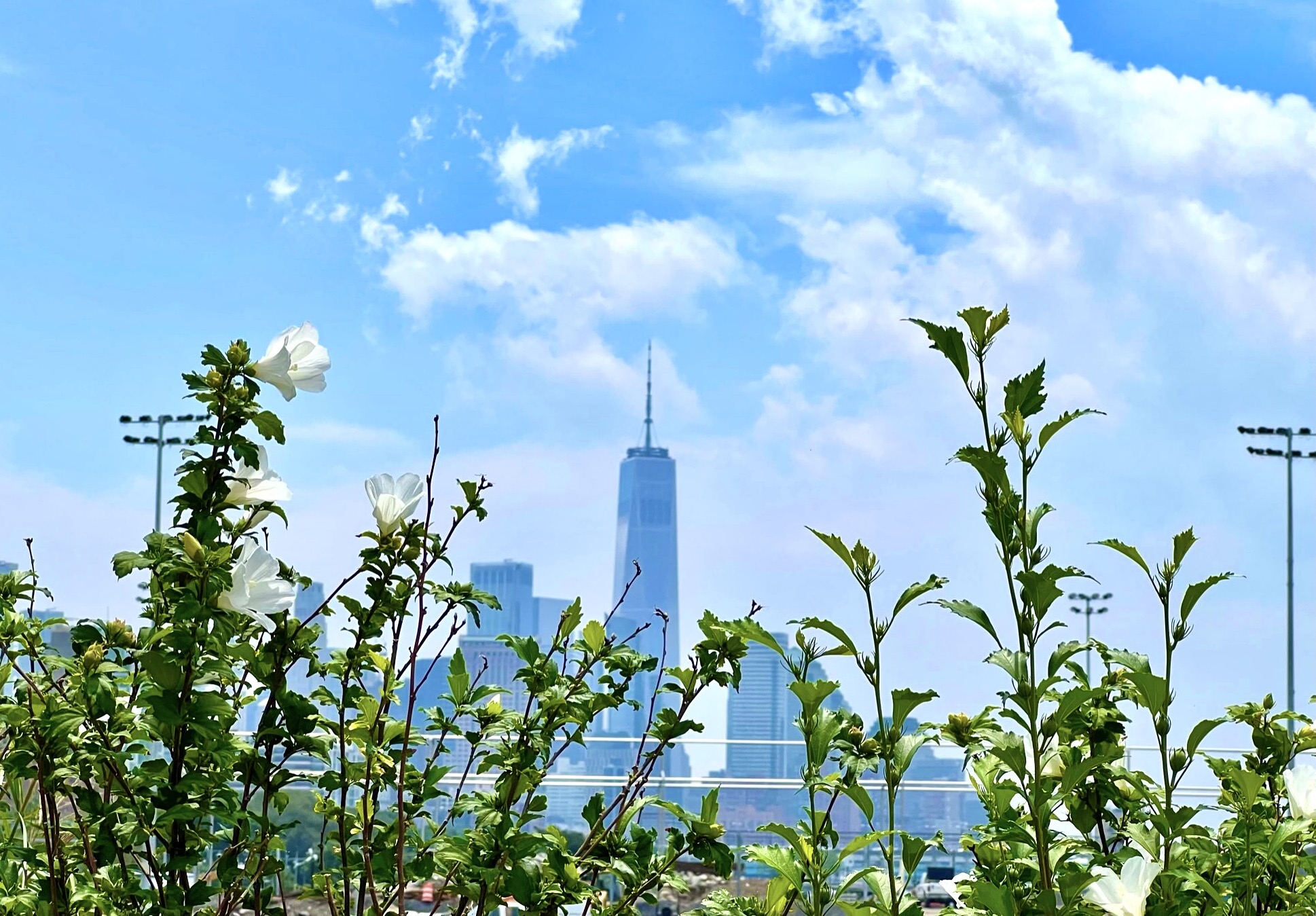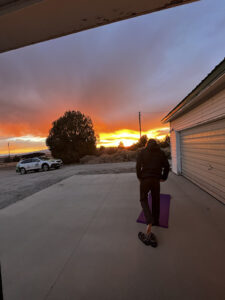News & Updates
The Science Behind Bonding With Nature


The idea of “loving nature” can feel fairly abstract. In the popular vernacular, loving nature might be synonymous with loving particularly beautiful natural spaces, like a National Park or the seaside of your favorite beach. As a Subaru/Leave No Trace traveling team, we spend our days traveling to just such places, and we can certainly attest to their value. The sense of awe we’ve felt while visiting protected areas around the country has deepened our appreciation for the natural world, but we’ve begun to feel that this definition of what it means to love nature is missing something.

During our winter break from full-time travel, we found ourselves in a rural neighborhood in Texas, far from any dramatic or wild natural areas. Yet, to our surprise, our love of nature has grown even stronger. We’ve been learning to appreciate simple experiences of our connectedness to the natural world. For example, our family keeps a few chickens, so we start each day by opening their coup, tossing some feed in the yard, and gathering the eggs they’ve left. We’ve gotten to know each of their little personalities, and they’ve grown more comfortable with us, demonstrating their fondness with excited clucking whenever we approach. We’ve also used our time off the road to grow oyster mushrooms in a plastic tote in our closet. We’ve watched them transform from spores floating in a syringe into buttery, nutritious mushrooms on our plates. We’ve taken our old dog on slow walks past our house, done yoga in the sun on the porch, and threw the windows open as we cooked in the kitchen (a luxury we don’t take for granted on a break from road life).
These experiences have shown us that nature is not something that we have to go visit. Nature is happening all around us, whether we recognize it or not. It’s an interconnected system, and we are just one piece of the puzzle. Expanding our understanding of nature and leaning into interdependence has reshaped our love of nature, and this paradigm shift has the potential to benefit us in so many ways.
It is well documented that spending time in nature will cure what ails you, with a plethora of health benefits like a boosted immune system, lowered blood pressure, improved sleep and increased energy. Your brain wants you to go outside, too. Research indicates that as little as 5 minutes in nature can reduce depression, improve focus and memory, and increase creativity. Studies even suggest that feeling connected to nature is a significant, distinct predictor of how happy we are.
Connectedness to the natural world doesn’t just help us as individuals, but it actually bonds us to one another as well. Research demonstrates that experiencing the beauty of nature helps us to feel more trusting, cooperative, and connected to others. Living near green spaces has also been associated with stronger feelings of neighborliness, and even lower crime rates. Loving nature is clearly a social affair.
All of these benefits demonstrate something crucial. We are part of nature, constantly immersed in it. We live healthier, happier lives when we strengthen our ties to nature rather than seeing ourselves as separate from the global ecosystem. We’re all sharing this one giant rock hurtling through space, afterall. Loving nature means so much more than loving a particular natural area or outdoor activity. Minimizing our impact on the environment by practicing Leave No Trace helps us to connect with others and with the Earth at large, whether we’re in the back-country or the backyard.
By the Subaru/Leave No Trace Traveling Teams. For over 20 years these teams have provided tangible solutions to serious issues facing our outside spaces and reach over 15 million people every year. Learn more about the important work of our mobile education teams. Proud partners of this program include Subaru of America, REI, Eagles Nest Outfitters, Thule, Fjällräven, The Coleman Company and Klean Kanteen.
Brown DK, Barton JL, Gladwell VF. Viewing nature scenes positively affects recovery of autonomic function following acute-mental stress. Environ Sci Technol. 2013 Jun 4;47(11):5562-9. doi: 10.1021/es305019p. Epub 2013 May 16. PMID: 23590163; PMCID: PMC3699874.
Kristophe Green & Dacher Keltner. “What Happens When We Reconnect with Nature.” Greater Good, https://greatergood.berkeley.edu/article/item/what_happens_when_we_reconnect_with_nature.
Oppezzo, M., & Schwartz, D. L. (2014). Give your ideas some legs: The positive effect of walking on creative thinking. Journal of Experimental Psychology: Learning, Memory, and Cognition, 40(4), 1142–1152. https://doi.org/10.1037/a0036577
Shanahan, D., Bush, R., Gaston, K. et al. Health Benefits from Nature Experiences Depend on Dose. Sci Rep 6, 28551 (2016). https://doi.org/10.1038/srep28551
Zelenski, J. M., & Nisbet, E. K. (2014). Happiness and Feeling Connected: The Distinct Role of Nature Relatedness. Environment and Behavior, 46(1), 3–23. https://doi.org/10.1177/0013916512451901
Let’s protect and enjoy our natural world together
Get the latest in Leave No Trace eNews in your inbox so you can stay informed and involved.
